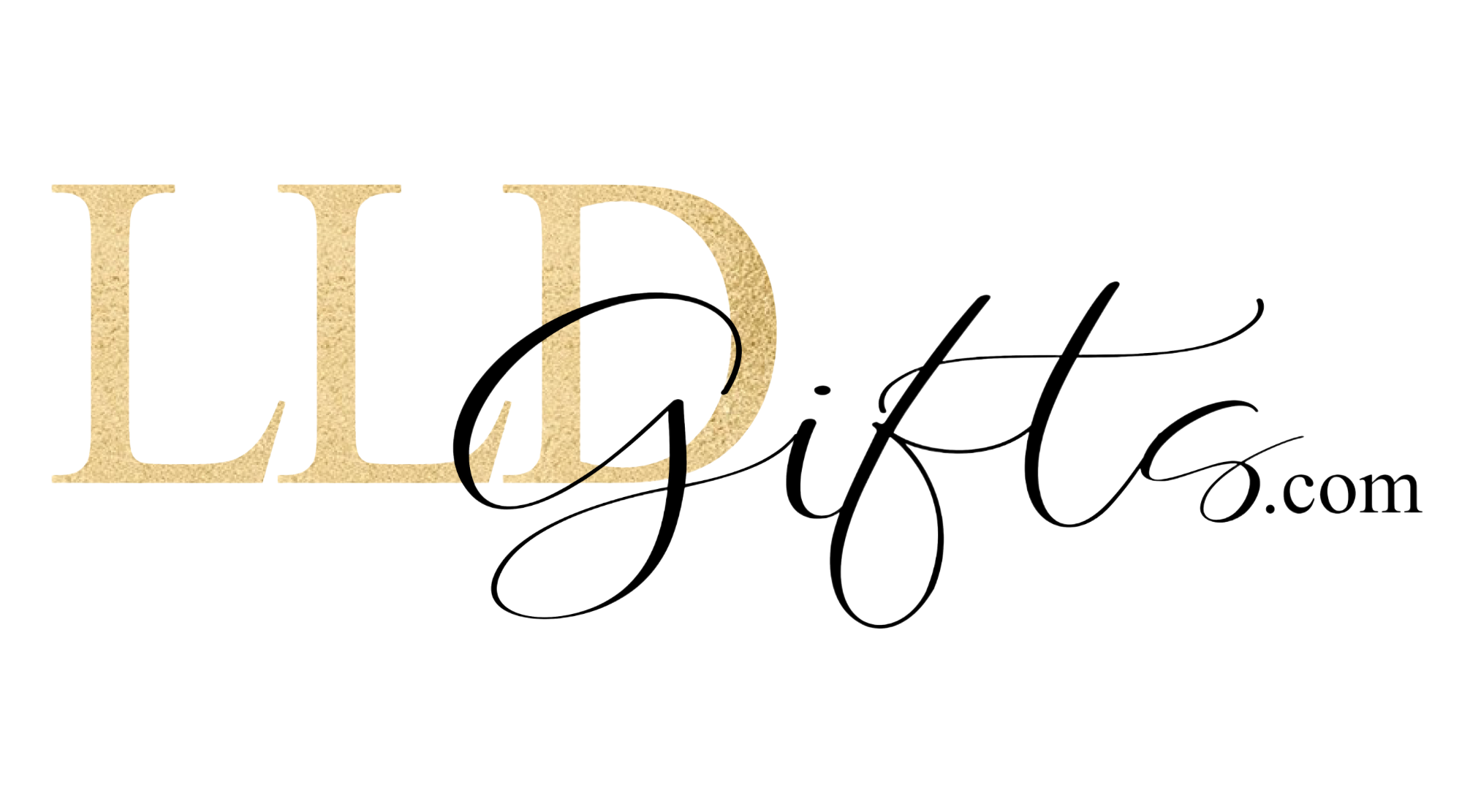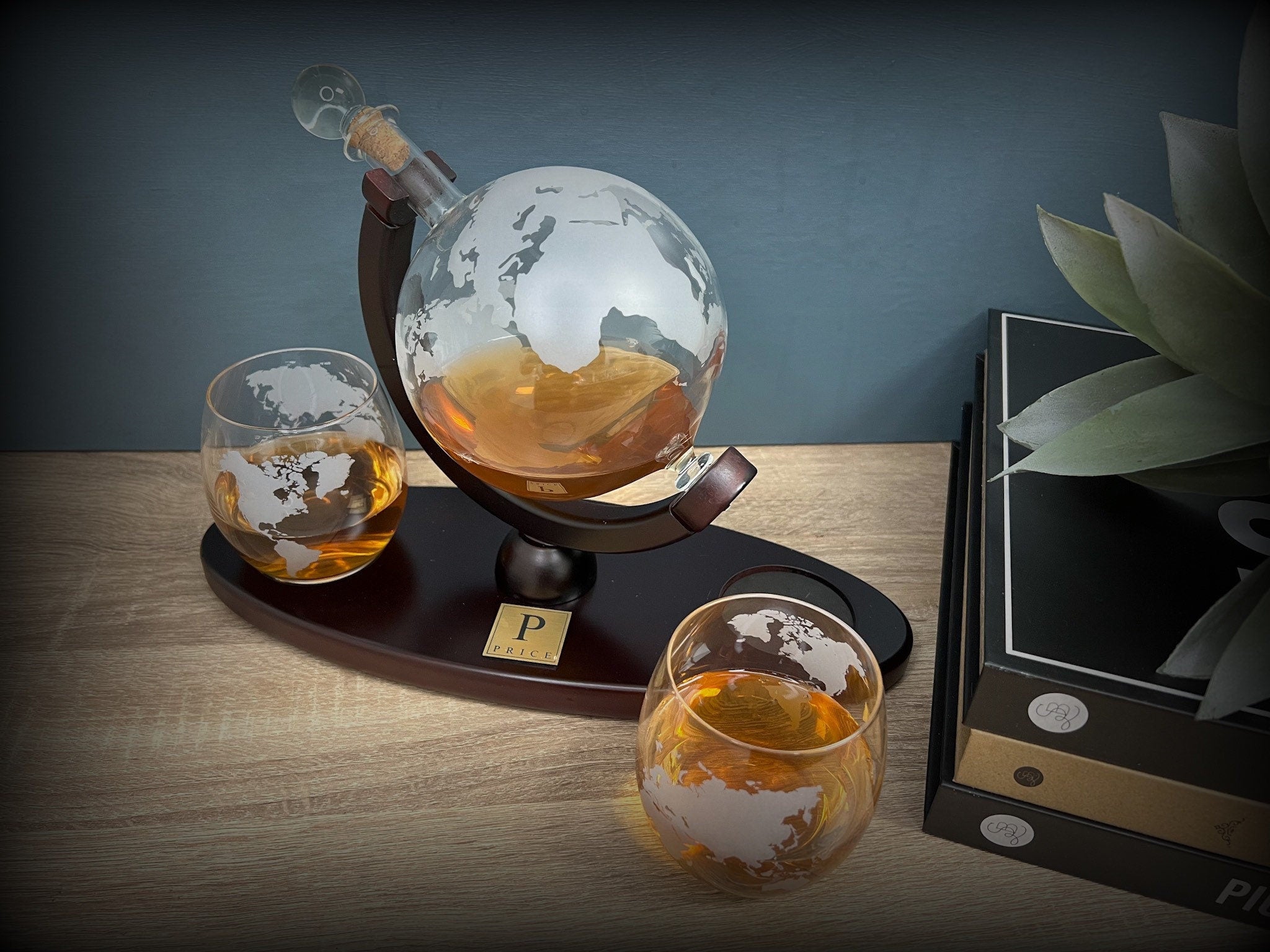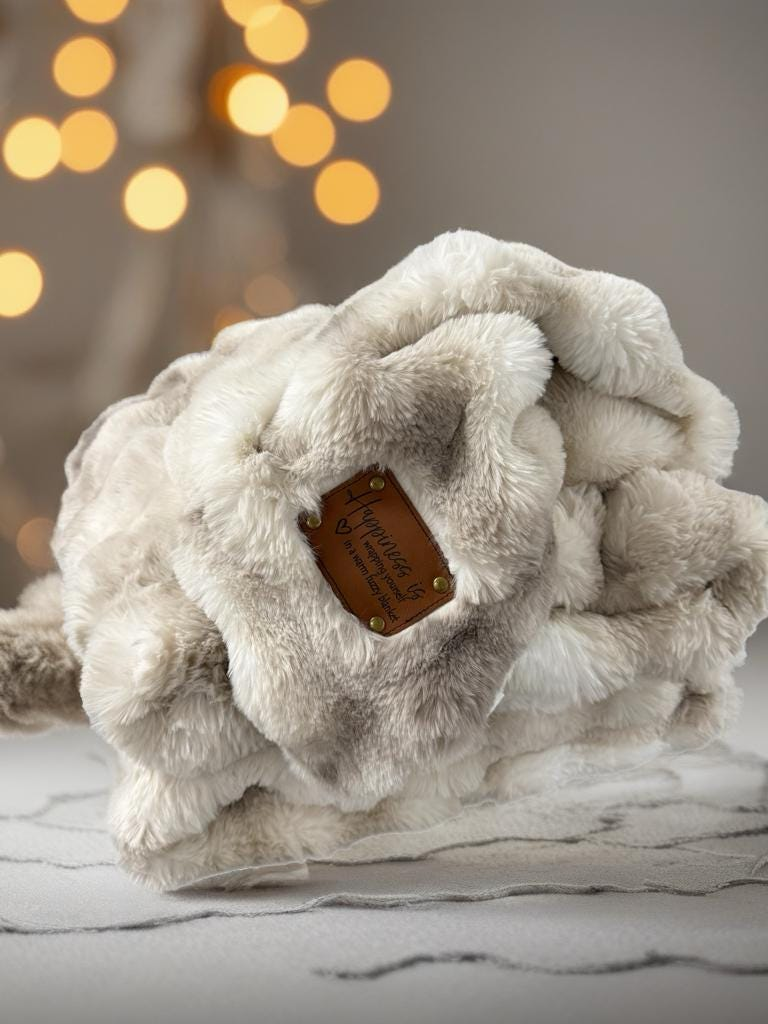
The Psychology of Gifting: Why Thoughtful Gestures Build Lasting Business Relationships
In business, we often talk about strategy, innovation, and competitive advantage. Yet, behind every deal and every partnership are people. People make decisions not just with logic, but also with emotion. That is why thoughtful gestures, like corporate gifting, play such a powerful role in building and sustaining relationships.
The act of giving a gift is never just about the item itself. It is about the message, the meaning, and the psychological response it creates. In this article, we explore the psychology of gifting and why businesses that approach gifting with intention are better positioned to build lasting connections.
The Principle of Reciprocity
One of the most powerful psychological drivers in gifting is reciprocity. Social scientists have long observed that when someone receives a gift or favor, they naturally feel a sense of obligation to return the gesture.
In business, this does not mean a client will sign a deal simply because of a gift. Instead, it means a thoughtful gesture creates goodwill that can influence how your company is perceived and how decisions are made in the future.
For example, a consulting firm once welcomed new clients with a handwritten note and a small personalized item that reflected the client’s brand. The clients later shared that this thoughtful act created an early sense of trust and made them more eager to engage with the firm.
The Role of Emotional Connection
Human beings remember how others make them feel. Gifts, when carefully chosen, create positive emotional associations with your brand.
-
A personalized gift communicates that you see the client as an individual, not just an account.
-
A high-quality gift conveys that you value excellence and pay attention to detail.
-
A culturally respectful gift shows that you care about the client’s identity and traditions.
These emotions build a foundation for long-term loyalty that cannot be achieved by price or convenience alone.
Memory and Association
Psychologists often talk about the concept of associative memory, where people connect experiences with feelings and symbols. Gifts serve as physical anchors to a positive memory.
Imagine a client who receives a handcrafted desk accessory engraved with their name. Every time they use it, they are reminded of the company that gave it to them. That repeated exposure reinforces trust and familiarity in a way that a one-time meeting cannot.
The Power of Surprise and Delight
Another principle at play in gifting is the element of surprise. When a gift is unexpected, it activates the brain’s pleasure centers and creates a stronger impact.
In business, this can be as simple as sending a thank-you gift after a successful project or surprising a client with a thoughtful gesture during a milestone. These moments of delight show attentiveness and strengthen bonds.
Cultural and Social Signals
Gifting also serves as a form of nonverbal communication. The type of gift, the way it is presented, and even the timing send signals about your company’s values.
-
A gift of sustainable materials signals commitment to social responsibility.
-
A gift presented with elegant packaging signals professionalism and care.
-
A gift that aligns with cultural traditions signals respect and awareness.
These signals matter in B2B relationships, where reputations and trust often weigh more heavily than product features.
Case Study: How Thoughtful Gifting Secured a Long-Term Partnership
A mid-sized financial services firm had been working with a prospective client for nearly a year. When the client finally signed the contract, the firm sent a carefully curated gift box that reflected the client’s industry and interests. It included a personalized leather notebook, artisanal coffee from the client’s region, and a handwritten welcome letter from the leadership team.
Months later, the client shared that the gift had set a tone of respect and partnership that went beyond the contract. They felt seen, valued, and understood. That client went on to renew their services multiple times and referred new business to the firm.
Practical Tips for Businesses
To use the psychology of gifting effectively, consider these practices:
-
Make it personal: Even small touches like adding initials or referencing shared experiences create stronger connections.
-
Focus on quality over quantity: One thoughtful gift is more impactful than a bulk order of generic items.
-
Think about timing: Surprise gifts create delight, while milestone gifts reinforce significance.
-
Match the message to your brand: Your gift should reflect the values and image of your business.
The Long-Term Payoff
The psychology of gifting shows us that thoughtful gestures are not superficial. They are strategic tools that shape emotions, perceptions, and behaviors. In B2B, where trust and loyalty drive long-term growth, investing in gifts that build positive associations is both human and smart business.
Final Thoughts
At its core, gifting is about relationships. It taps into fundamental human psychology and creates lasting emotional ties. By understanding the science of reciprocity, memory, and emotional connection, businesses can use thoughtful gestures to transform first meetings into long-standing partnerships.
Share



















